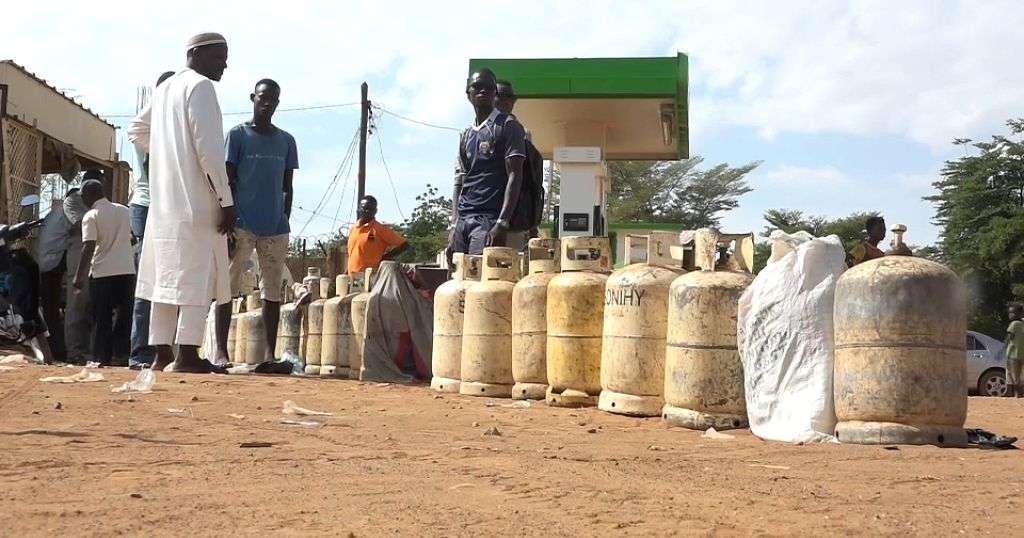Niamey, Niger – (African Boulevard News) – In a move welcomed by Nigeriens, the government has imposed a ban on the export of liquefied petroleum gas (LPG) amid a major shortage in the country. The decision, announced in a statement, stated that LPG exports will only be allowed in the case of a surplus, and a special authorization must be issued.
The shortage of LPG has been a growing concern for Nigeriens, who heavily rely on this affordable energy source for cooking and heating. With the ban, the government aims to prioritize the domestic market and ensure that Nigeriens have access to this essential commodity.
According to industry experts, the ban on LPG exports is a much-needed measure to combat the scarcity and skyrocketing prices of this vital energy source. Niger, a landlocked country, heavily depends on imports from neighboring countries such as Nigeria and Benin. However, disruptions in the supply chain have led to a severe shortage, leaving many Nigeriens struggling to afford LPG.
“Many households were finding it difficult to meet their cooking and heating needs due to the scarcity of LPG. The government’s decision to ban exports will help address this issue and ensure that the domestic market is adequately supplied,” said Aminu Ibrahim, an energy analyst.
The ban comes as a relief for Nigeriens, who have been grappling with the consequences of the LPG shortage. Families have resorted to using firewood or charcoal, which not only contributes to deforestation but also poses health risks associated with indoor air pollution. With the ban, the government hopes to encourage the use of cleaner energy sources and reduce the burden on the environment.
“The LPG export ban is a step in the right direction. It will not only ensure the availability of this essential energy source for Nigeriens but also promote sustainable energy practices,” said Fatima Abubakar, an environmental activist.
While the ban on LPG exports is expected to have a positive impact on the local market, the government is also exploring ways to increase domestic production and storage capacity. Initiatives to support local LPG producers and attract investment in the sector are being considered to create a more self-sufficient and resilient energy market.
As Nigeriens welcome the ban on LPG exports, they remain hopeful that the government’s proactive measures will alleviate the shortage and ensure the availability of this essential commodity for all citizens.
The decision, which prioritizes the domestic market over exports, is a significant step towards addressing the LPG shortage in Niger. With the ban in place, Nigeriens can look forward to more stable prices and an uninterrupted supply of LPG for their daily cooking and heating needs.

